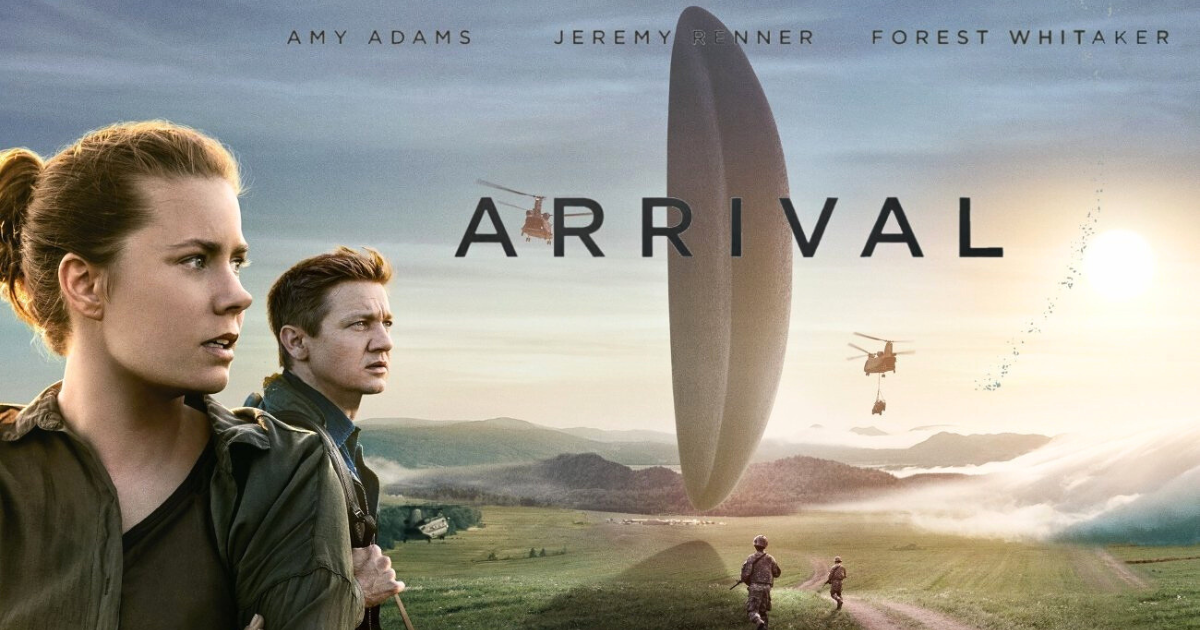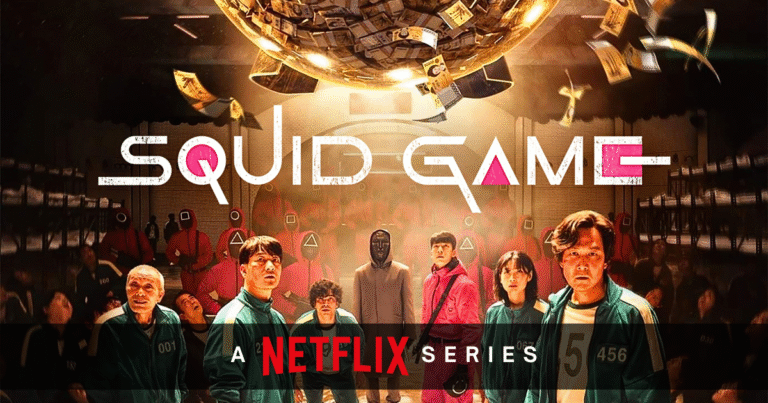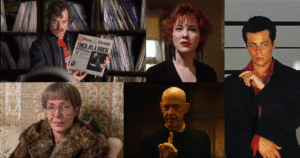What would you say to an alien the first time you met one?
That’s the haunting question at the heart of Arrival, a 2016 science fiction film that doesn’t give us laser battles or screaming crowds. Instead, it gives us something far more powerful, quiet, careful communication, and the emotional weight of what it means to truly understand someone… or something… completely different.
Arrival stands out in a genre often dominated by explosions and alien invasions. It asks us to slow down, to listen, and to think. And in doing so, it offers one of the most realistic portrayals of what first contact with extraterrestrial life might look like.
In this post, let’s dive into the big ideas behind Arrival, what makes it so different from other alien movies, and why it’s one of the most thought-provoking films about humanity’s potential meeting with intelligent life.
The Premise: When They Finally Show Up
Twelve massive alien ships arrive around the world. They hover silently in the sky, each over a different country. They don’t attack. They don’t speak. They don’t move.
Naturally, the world panics.
Governments scramble to respond. Militaries prepare for war. But instead of unleashing weapons, the U.S. government recruits a linguist, Dr. Louise Banks, played brilliantly by Amy Adams, to try something radical: communicate.
And that’s where the real story begins.
Communication, Not Conflict
Unlike most alien movies where the goal is to defend Earth or destroy a threat, Arrival is about translation. About connection. It’s not just “us versus them.” It’s us trying to understand them.
The aliens, called “heptapods” because of their seven limbs, don’t speak in sounds. They write in complex circular symbols that look like coffee stains with personality. These symbols aren’t just words. They reflect an entirely different way of thinking.
This is where the movie becomes something deeper. The story explores how language shapes thought. Dr. Banks doesn’t just translate alien messages. She starts to think like them. And as she learns their language, her perception of time changes.
That’s the twist, and the beauty, of the film.
Language Shapes Reality
One of the most fascinating ideas in Arrival is based on real linguistics: the Sapir-Whorf hypothesis. This theory suggests that the language you speak influences how you experience the world.
In the movie, as Louise learns the alien language, she begins to see time differently, not as a straight line, but as something more circular and fluid. She can see events from the future and the past at once.
This concept adds an emotional punch. Louise knows what’s coming, including personal loss, but chooses to live it anyway. The film becomes less about aliens and more about human choices, memory, and the meaning of life.
It’s science fiction grounded in heart.
A Global Reaction to Alien Life
Another thing Arrival gets right is how the world might respond to alien contact. The arrival of twelve ships sparks worldwide fear and confusion. Each country handles it differently. Tensions rise. Mistrust grows.
It’s a realistic look at global politics. Nations don’t instantly unite. Instead, they compete for answers and control. This mirrors how real-world governments might react to a major, shared unknown.
The film subtly questions: Can we cooperate as a planet when it matters most?
It’s a sharp contrast to the “Earth joins forces” scenes we often see in blockbuster films. Here, first contact isn’t clean. It’s messy, political, and full of human flaws.
Why Arrival Feels So Real
What makes Arrival so compelling is how grounded it feels. The ships don’t come with glowing lights or lasers. The aliens don’t speak perfect English. There are no clear villains. Instead, the movie leans into uncertainty. It trusts the audience to sit with discomfort and mystery.
The science feels plausible. The emotional journey feels honest. And the questions it raises, about time, fate, and connection, linger long after the credits roll.
It’s a rare film that makes aliens seem alien again, not humanoid, not instantly understandable, but truly other. And it challenges us to grow beyond our own limited perspective.
Lessons for Real-World First Contact
If humanity ever does meet intelligent alien life, it probably won’t be like Independence Day. It will be complex. Slow. Confusing. And emotional.
We may not even recognize what we’re seeing or hearing. Language could be visual, musical, or something we’ve never imagined. First contact won’t just be a science problem, it will be a human one. We’ll need empathy, patience, and open minds.
Arrival reminds us that our biggest challenge may not be figuring out aliens. It might be working together as humans, setting aside fear, competition, and politics to find shared understanding.
Why Arrival Stays With You
More than a story about aliens, Arrival is a film about love, loss, and the meaning of time. It’s about embracing what we can’t control and finding peace in what we can.
Louise Banks isn’t a hero in the usual sense. She doesn’t save the world with strength or firepower. She saves it with language, listening, and compassion.
In the end, Arrival asks us to believe not just in the possibility of life beyond Earth, but in our own ability to reach out, to understand, and to grow.
And that’s a message we need now more than ever.












